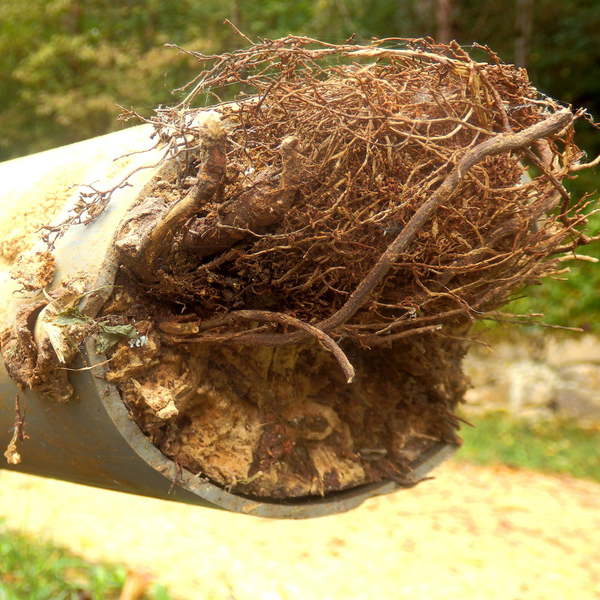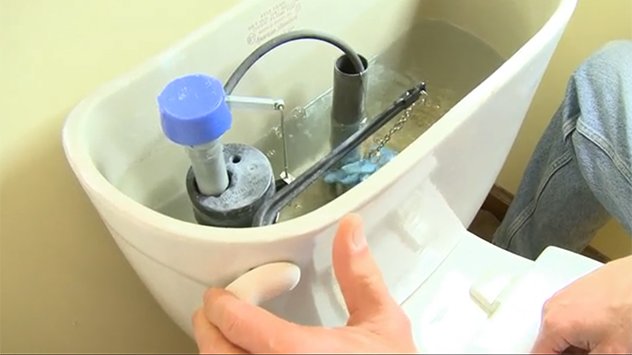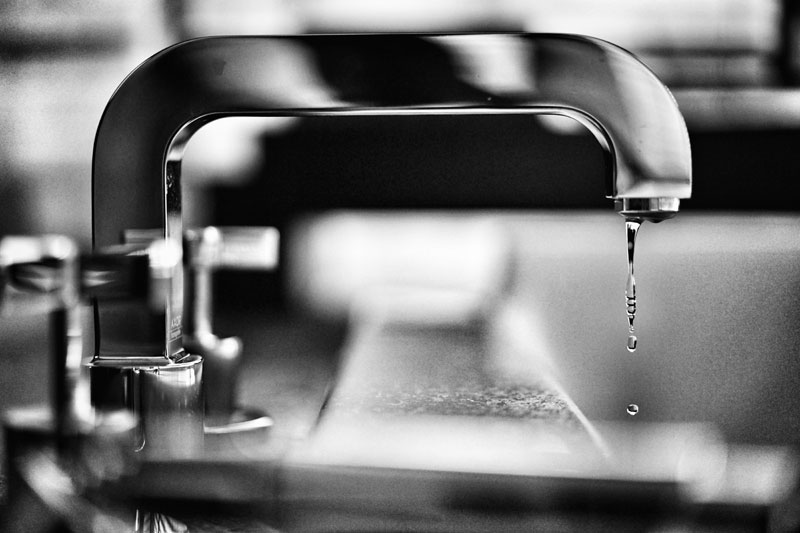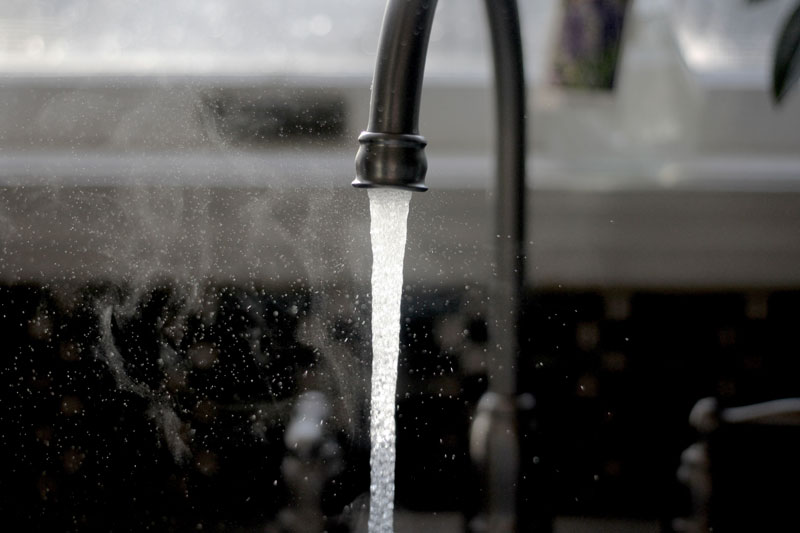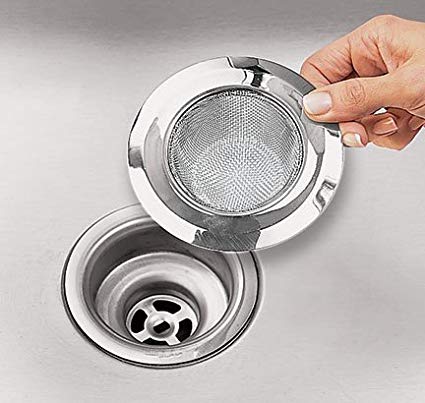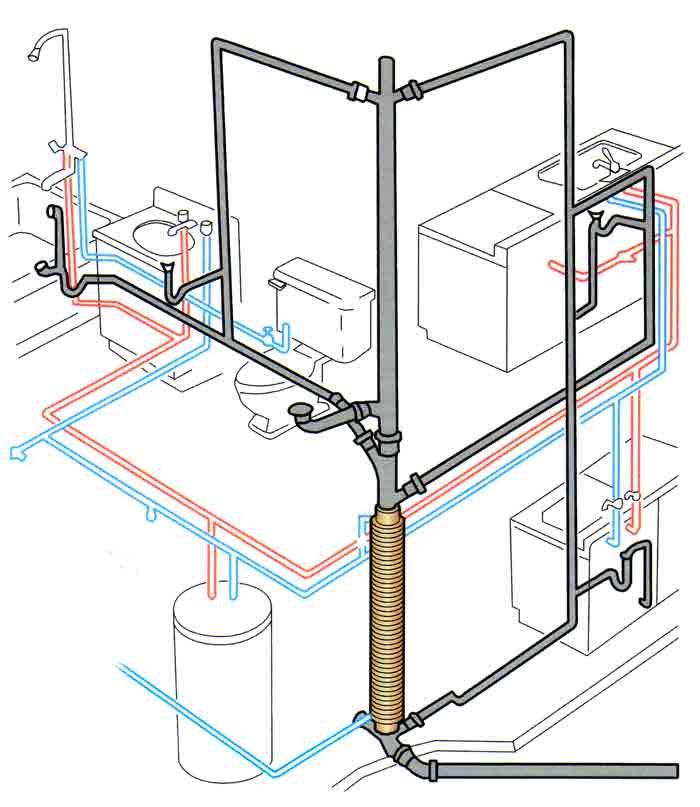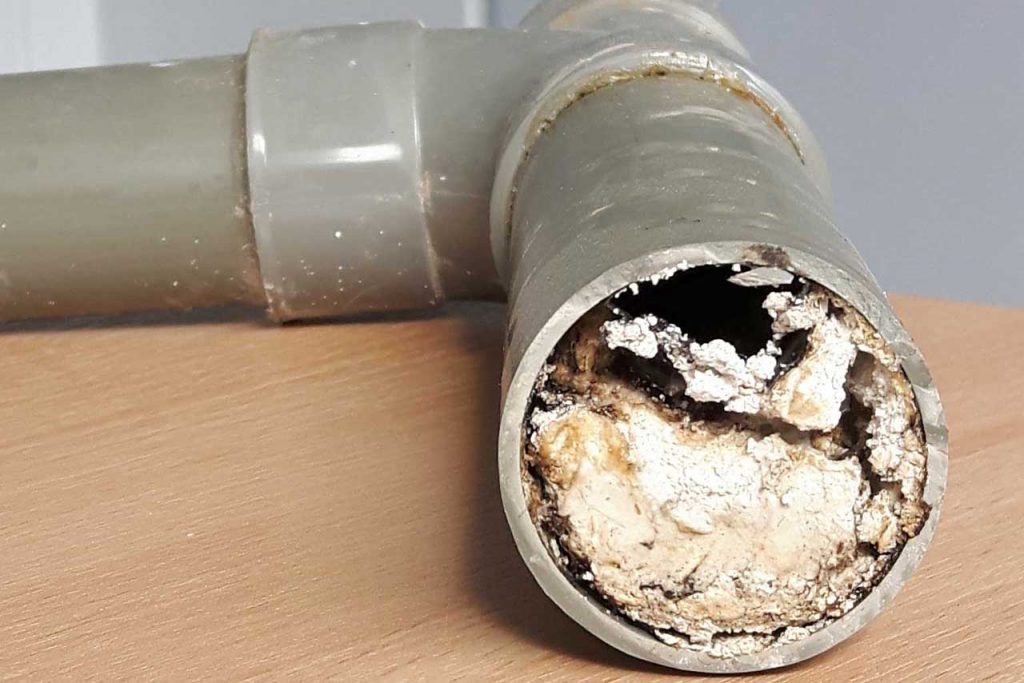It should come as no surprise that different areas of the country experience different types of issues, including weather events, social problems and even circumstances that arise in regards to everyday issues like Internet connectivity, electricity and plumbing.
In the Lone Star State of Texas, for example, there are several plumbing issues that homeowners should certainly be aware of. Some are common in other parts of the country, others are not. But they’re all ones that are present and anything but rare in Texas.
These issues run the gamut from small and everyday problems to ones that really need to be addressed as soon as possible, before becoming any worse in size and potential financial outlay.
Let’s take a look at a few of the most common plumbing problems faced by homeowners in the great state of Texas.
4 Most Common Plumbing Problems
Hard Water
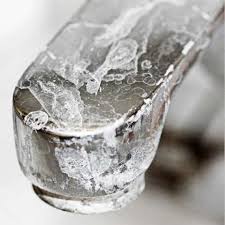
Hard water is described as being high in chemicals like magnesium and calcium, which can cause several problems in regards to your home’s plumbing.
The good news is that drinking hard water is not a health risk for you or members of your family, so it can be drank, cooked with and showered with without any worry about getting sick. But it can lead to a bitter taste and noticeable mineral buildup in your sinks, your showers and your bathtubs.
But the more serious problem is that hard water can create fixture corrosion and other issues, particularly with your hot water heater.
If sediment buildup occurs in your hot water heater, for example, it will drop to the bottom of the unit and reduce the efficiency of the water heater itself. It could also decrease the life span of your heater, possibly by a number of years if not addressed within a reasonable amount of time.
Household Leaks
Hard water is described as being high in chemicals like magnesium and calcium, which can cause several problems in regards to your home’s plumbing.
The good news is that drinking hard water is not a health risk for you or members of your family, so it can be drank, cooked with and showered with without any worry about getting sick. But it can lead to a bitter taste and noticeable mineral buildup in your sinks, your showers and your bathtubs.
But the more serious problem is that hard water can create fixture corrosion and other issues, particularly with your hot water heater.
If sediment buildup occurs in your hot water heater, for example, it will drop to the bottom of the unit and reduce the efficiency of the water heater itself. It could also decrease the life span of your heater, possibly by a number of years if not addressed within a reasonable amount of time.
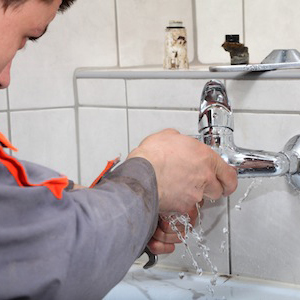
Slab Movement

Extreme weather conditions in Texas can often lead to changes in concrete slabs, which occurs when ground movement happens as a result of outside forces.
If the ground becomes saturated by excessive amounts of rain, it may not be able to hold any more water. This can create ground movement that can disrupt the operation and positioning of your home’s pipes.
This will create leaks and can cause changes to your slab, which can cause potentially huge plumbing problems for you and your family.
Tree Roots
This is not only a Texas problem, but it is one that is extremely common in the Lone Star State.
Tree roots often penetrate into septic or sewer lines and can cause significant problems with regards to drainage. If this occurs, your only real recourse is to have someone come out and kill the tree roots, thus eliminating the problem.
Not doing so can eventually create a line break, which will be a significant bill as the entire pipe must then be replaced.
For more information for Texas homeowners on other common plumbing problems, check out this article on the top ten other plumbing problems.
